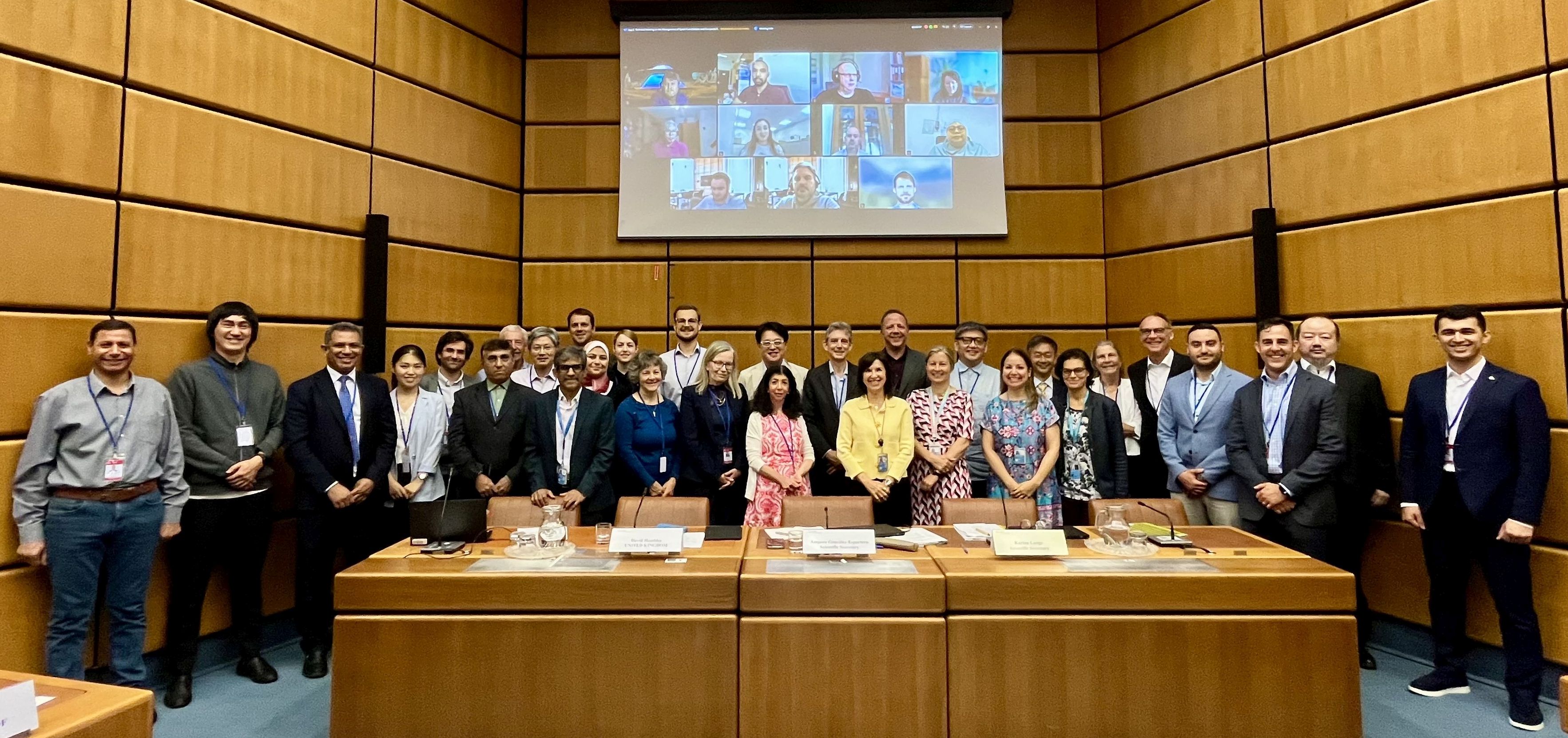
The interest in small modular reactors (SMRs) is steadily increasing, and significant industrial efforts are ongoing to facilitate their development and early deployment. According to the IAEA’s Advanced Reactors Information System (ARIS) database, there are currently about 70 SMR designs at different active stages of development and deployment worldwide. Among these designs, High Temperature Reactors (HTR) are receiving attention because they can provide high temperature energy for the generation of electricity and for industrial heat applications.
HTRs use inherently safe fuel and feature pebble-bed or prismatic core designs using Tri structural isotropic (TRISO) coated particle fuel, which is made of particles covered in three layers of carbon and ceramic based materials that prevent the release of radioactive fission products. There is very limited experience worldwide to develop and implement HTR fuel cycle options, especially backend solutions for managing spent HTR fuels, considering that about 92% of the spent fuel is graphite.
The intention of this event is to collect operational experiences in managing these spent fuels, to discuss potential fuel cycle options, and to identify what can be derived from existing technologies and what are the potential gaps and needs.
Objectives
The purpose of the event is to collect global information on experiences in managing spent fuels from high temperature reactors (HTRs) in order to anticipate the challenges of managing spent fuels from future HTR-small modular reactors, and to conduct a gap analysis of R&D and innovation needs in order to identify collaborative research and development opportunities that may be supported by the IAEA.
Scope
The scope of this meeting is focused on the following types of spent fuel:
- TRISO particles embedded in graphite matrix used in conventional gas cooled reactors (HTGRs) as well as in reactors using other coolants (e.g. molten salt, liquid metal).
- TRISO particles embedded in SiC matrix.
IMPORTANT NOTE: Irradiated graphite that comprises moderator, reflector, and any other structural component without fuel embedded is out of scope for this Technical Meeting.
